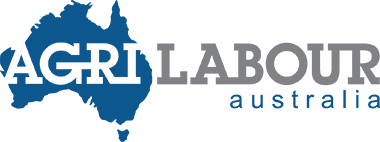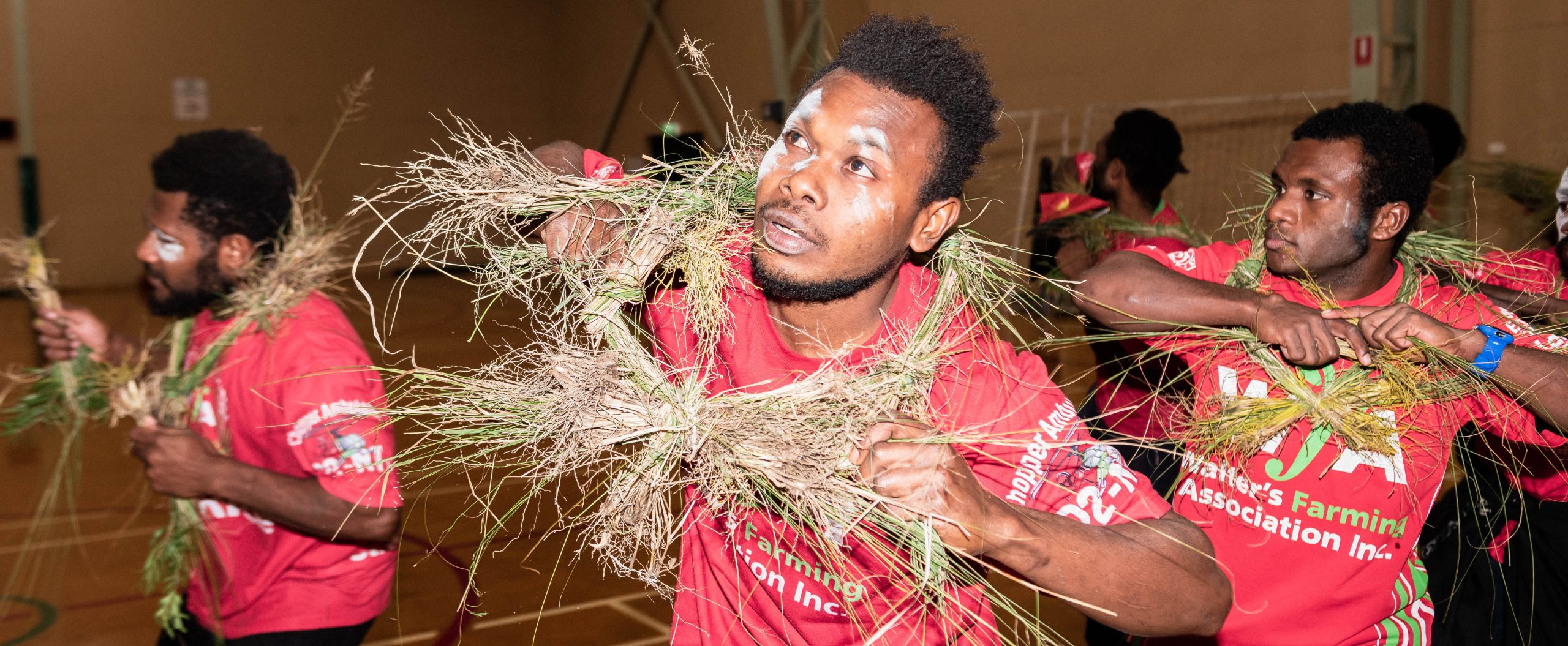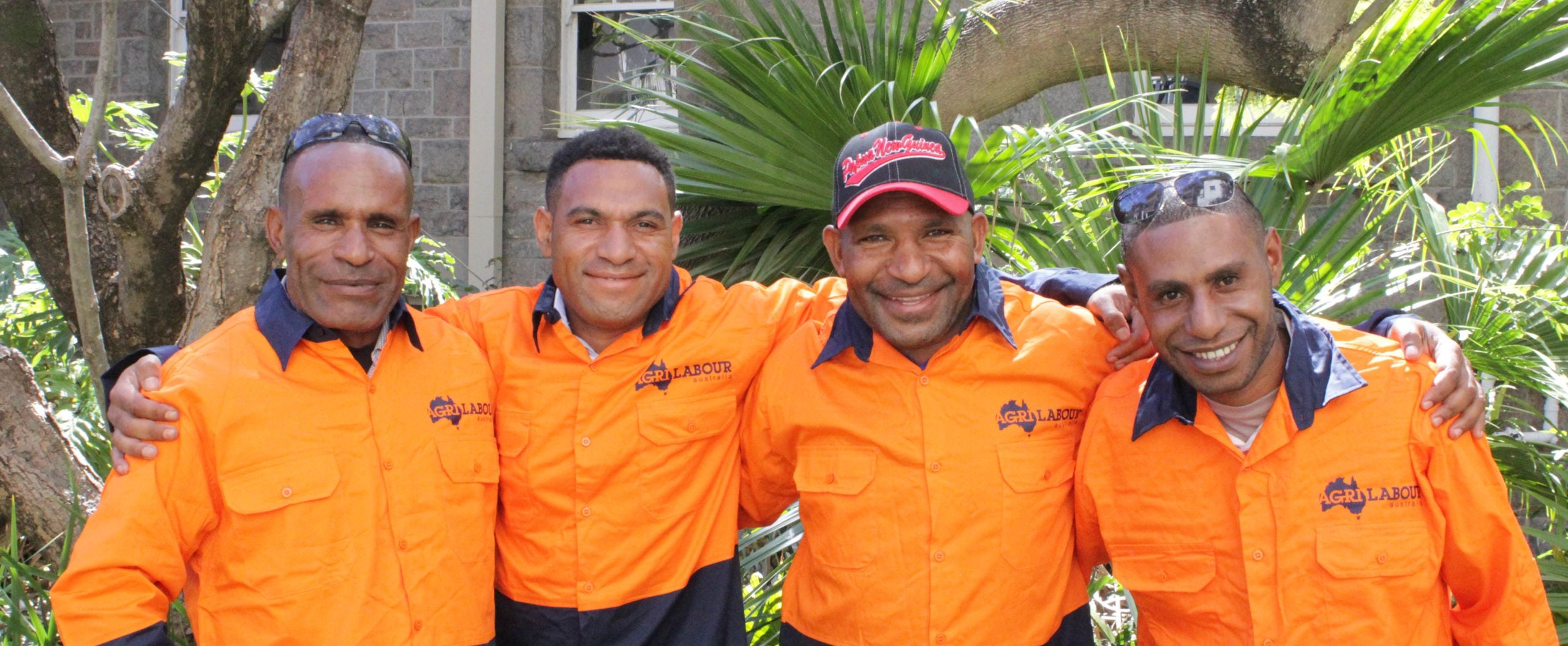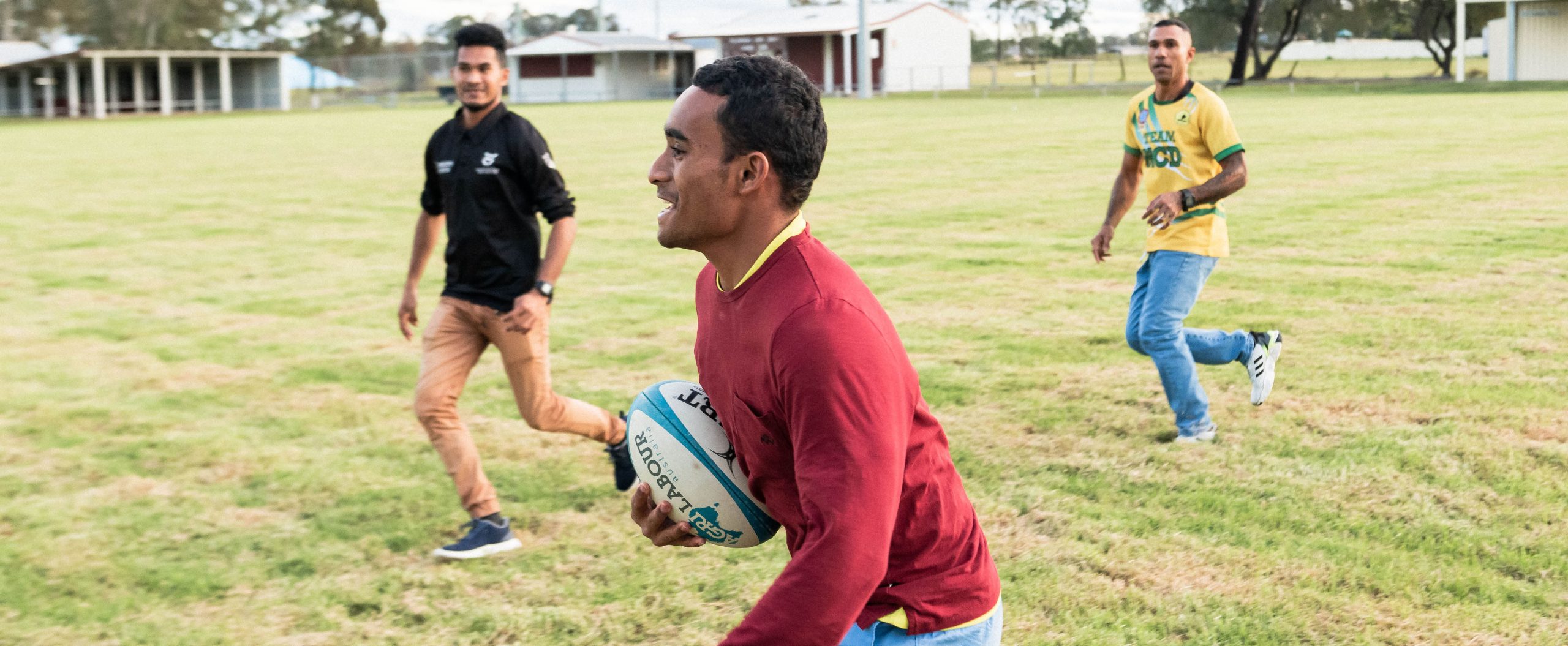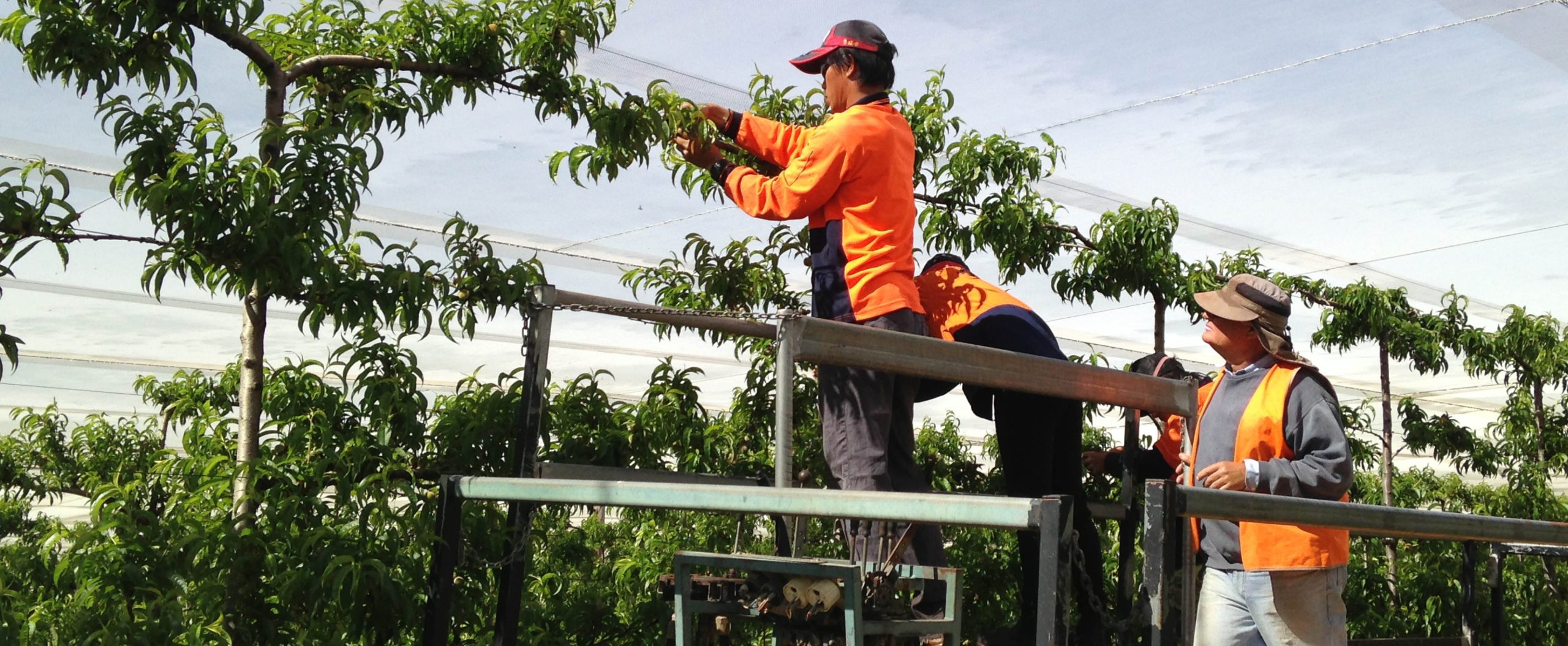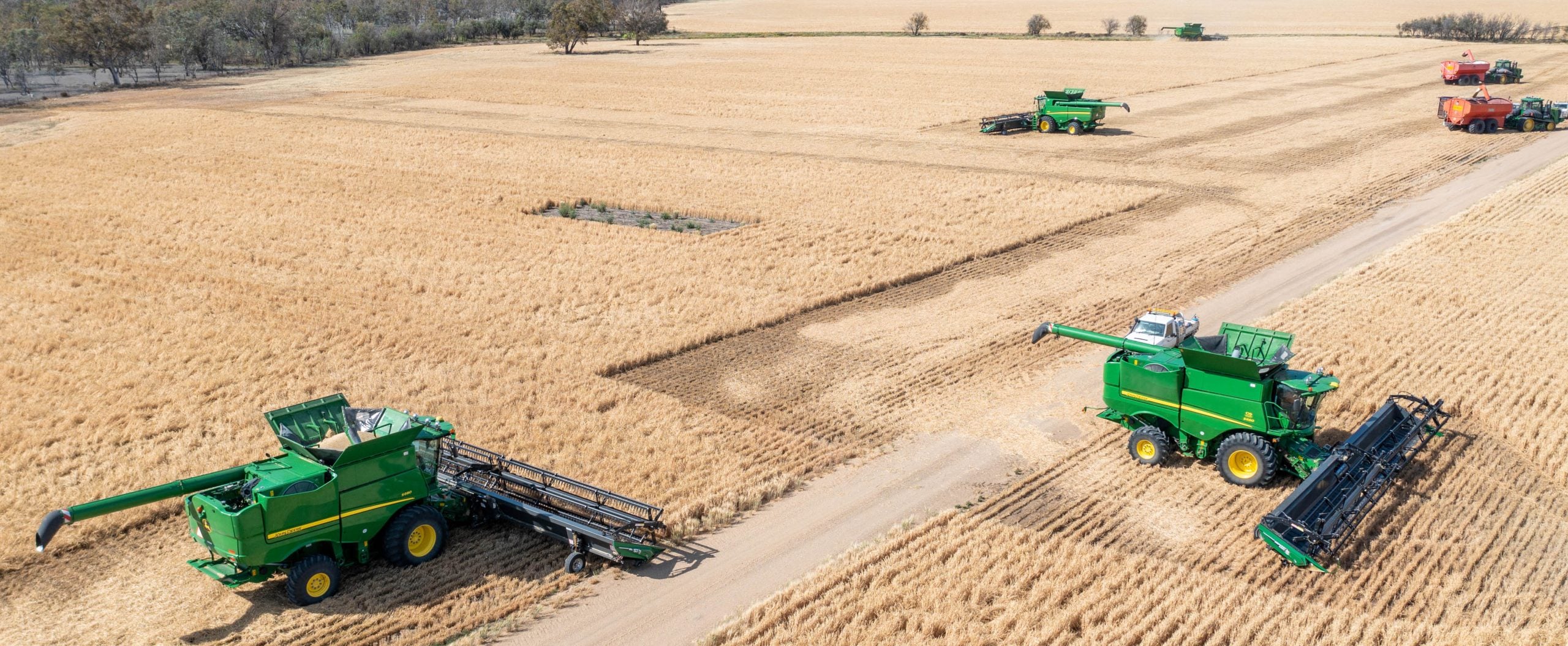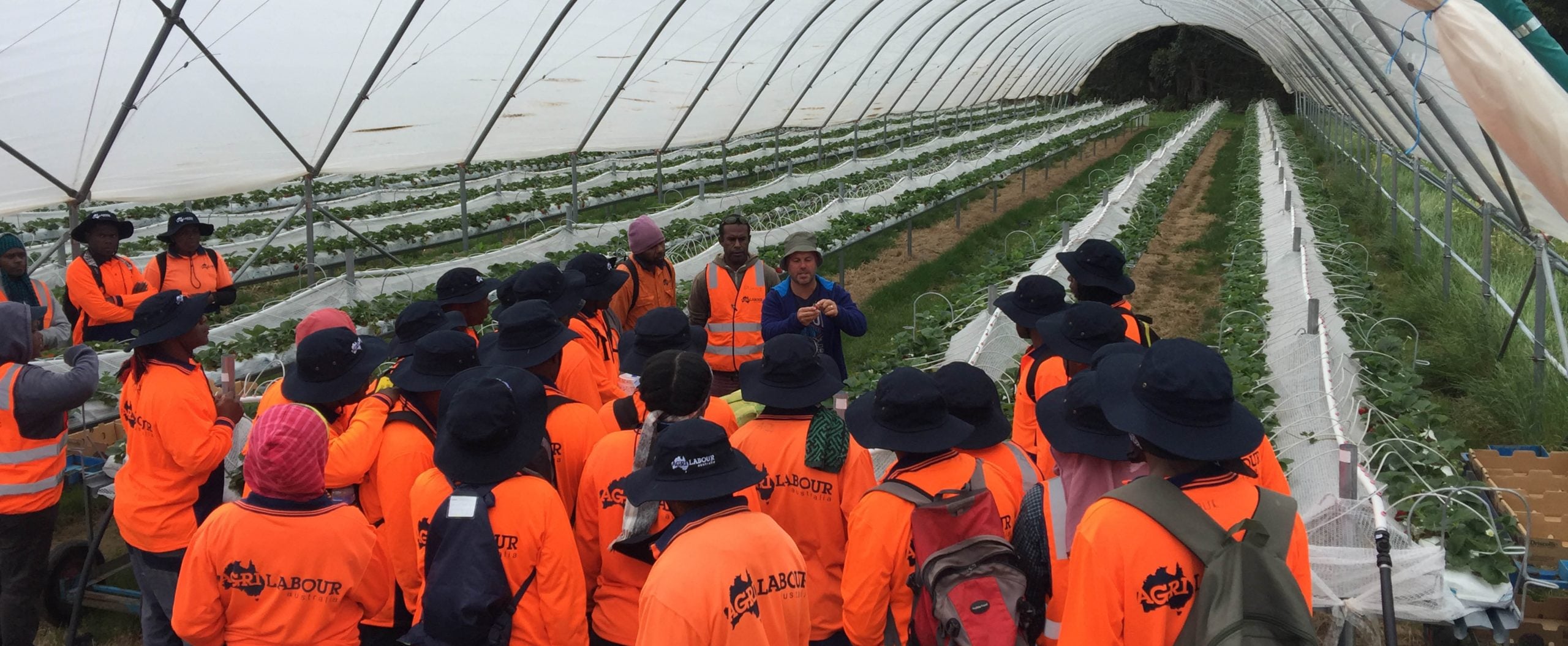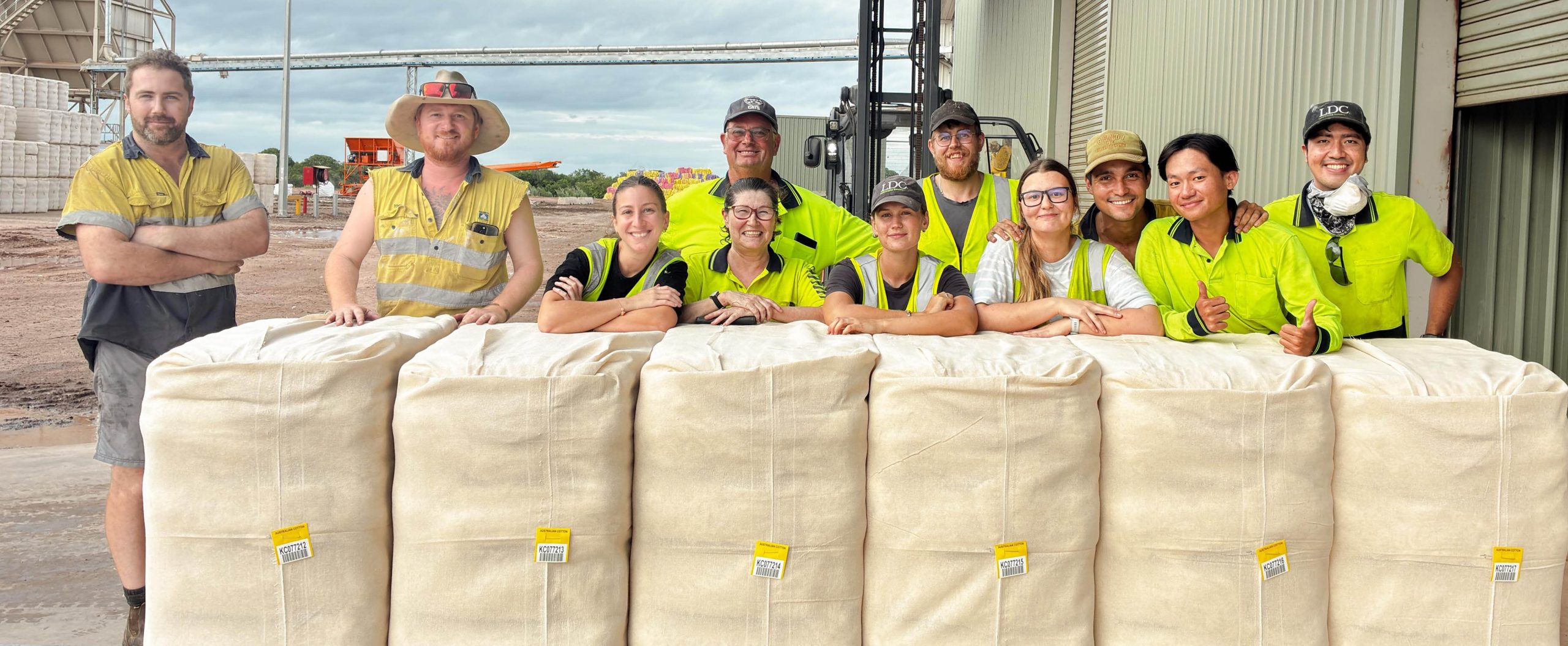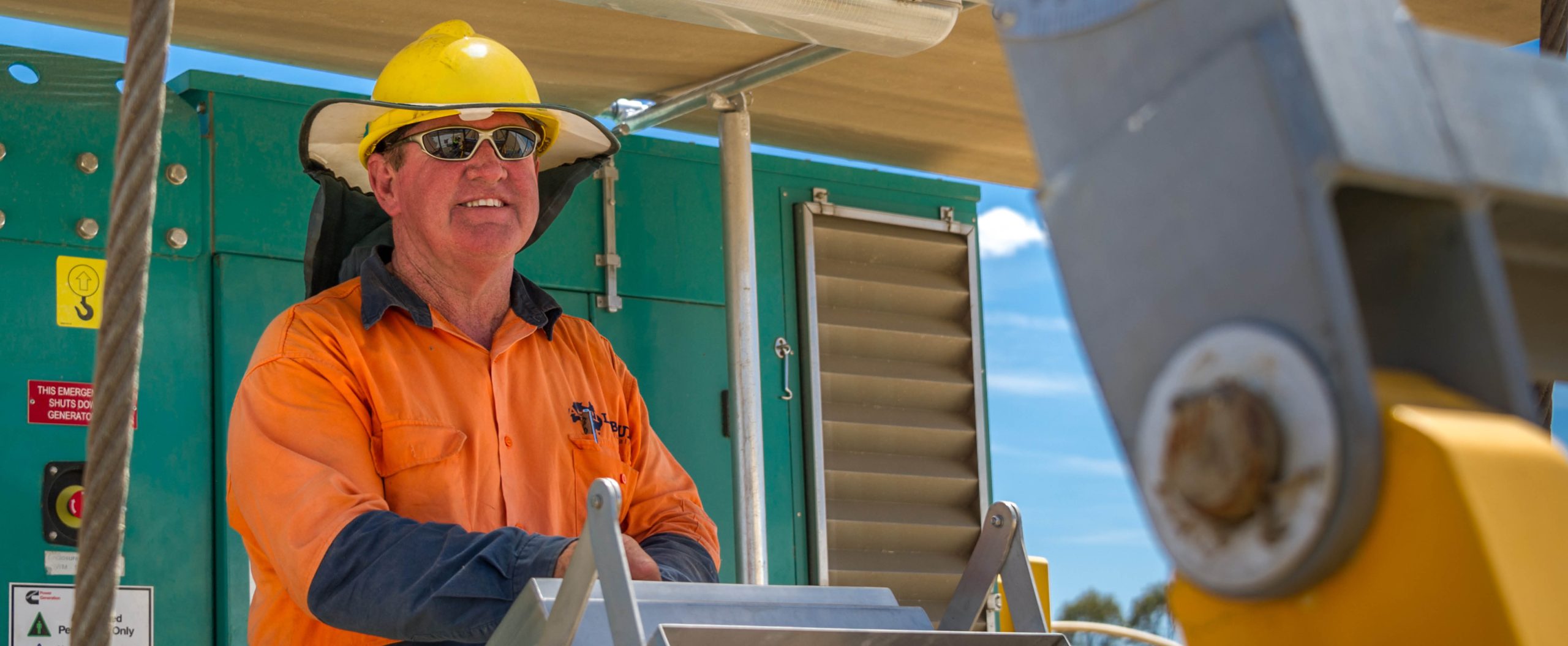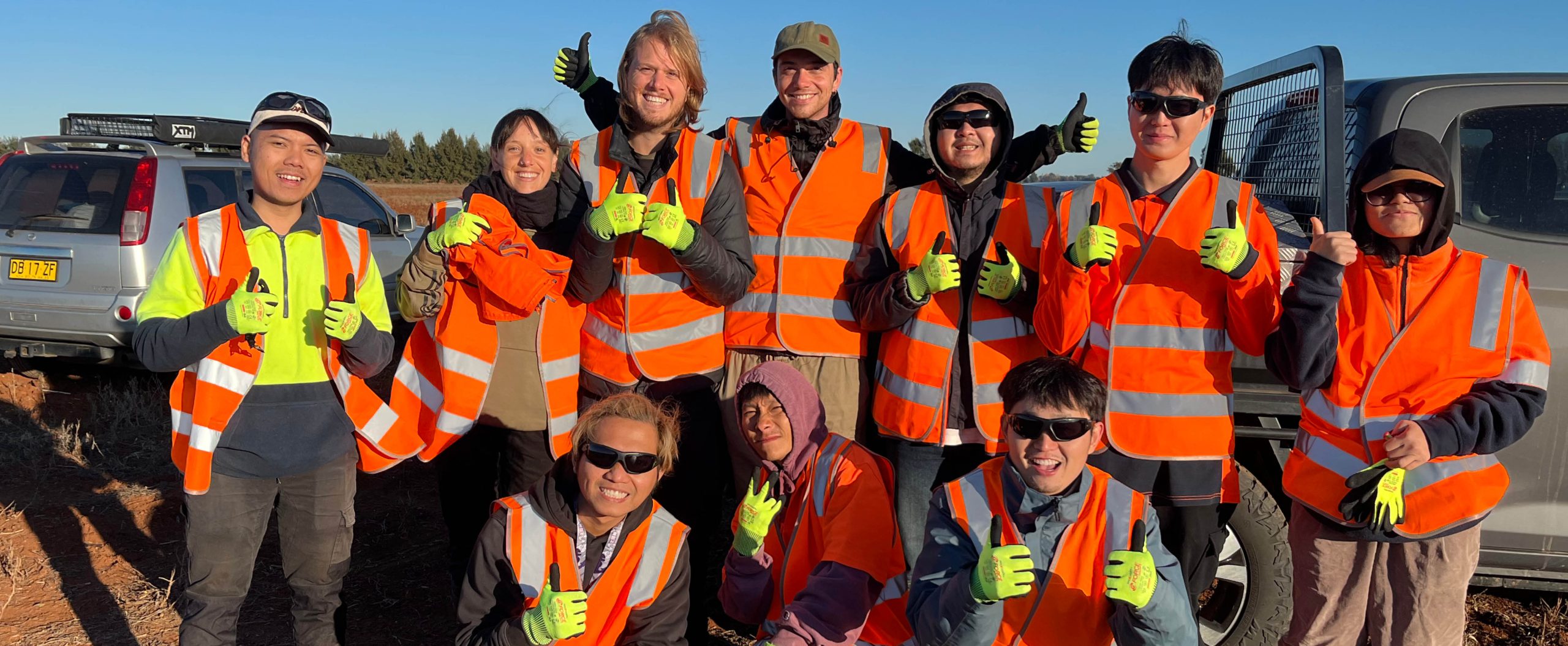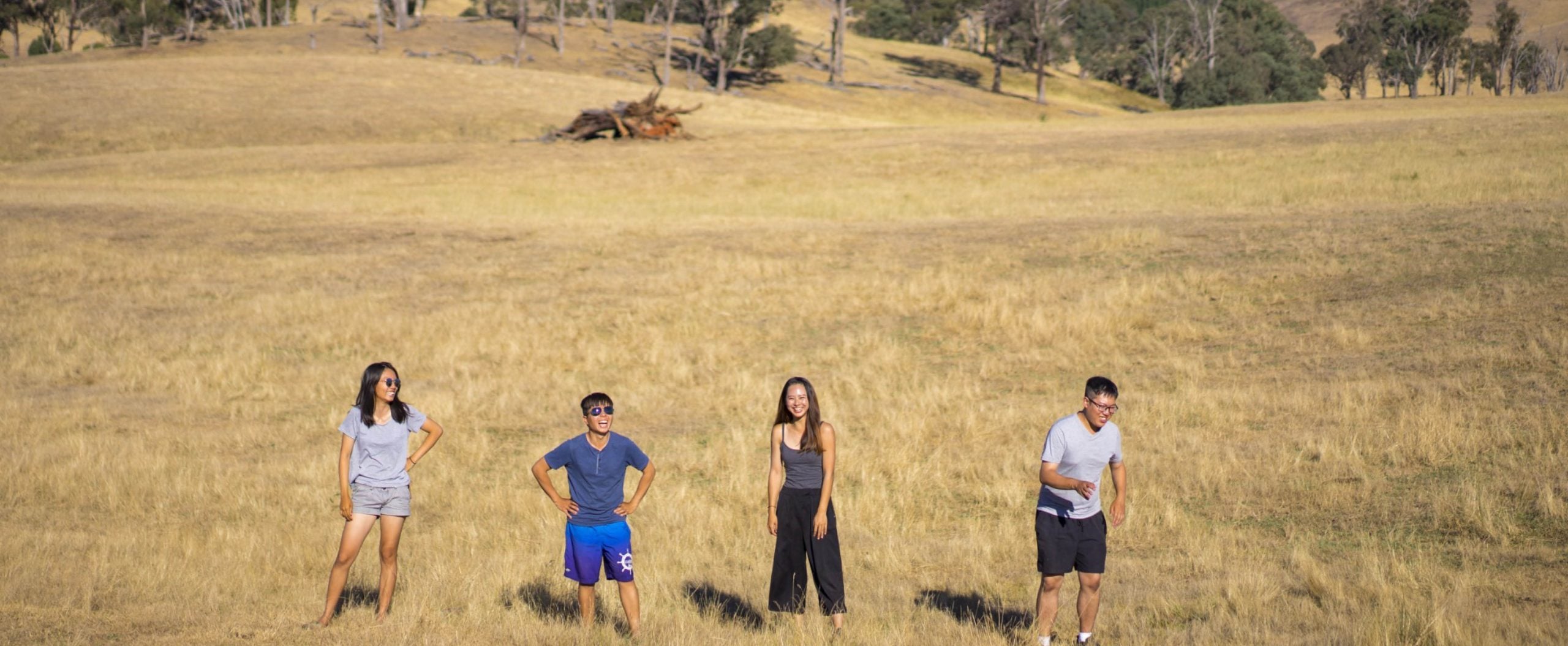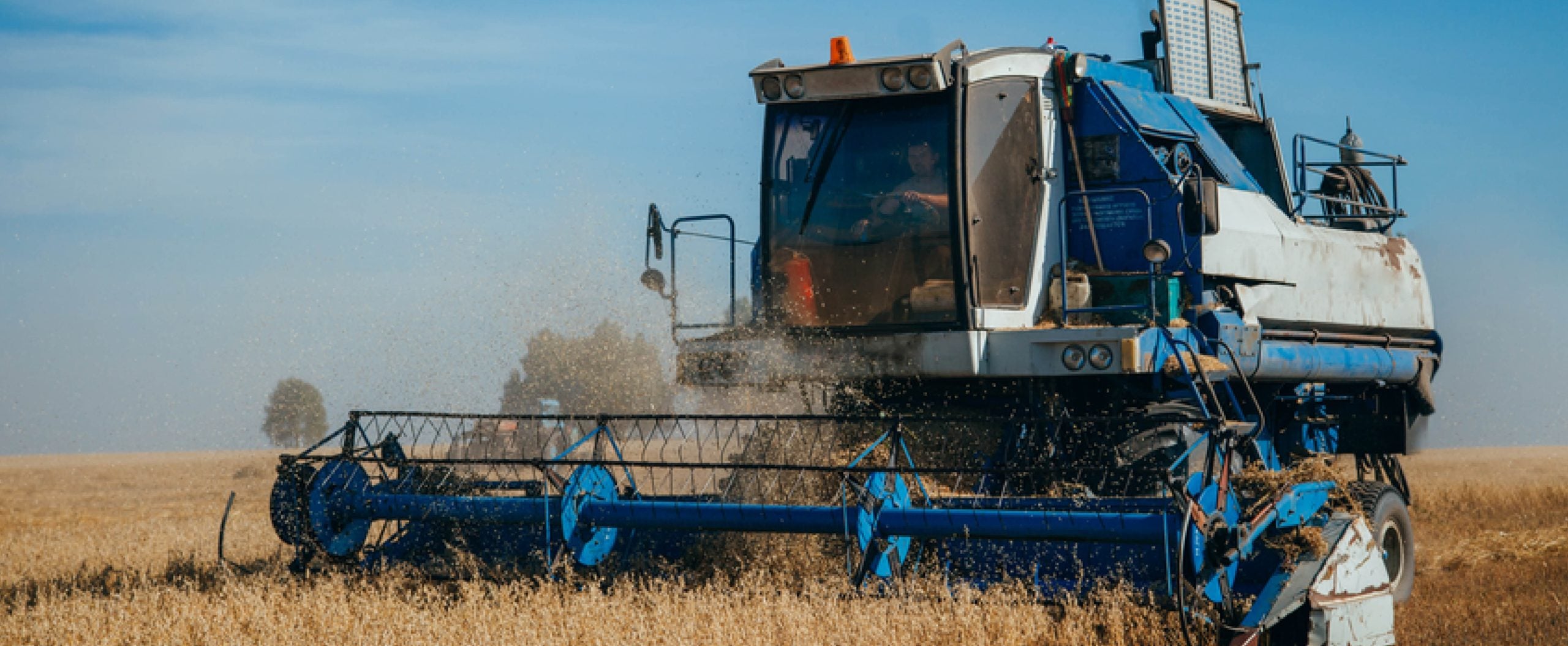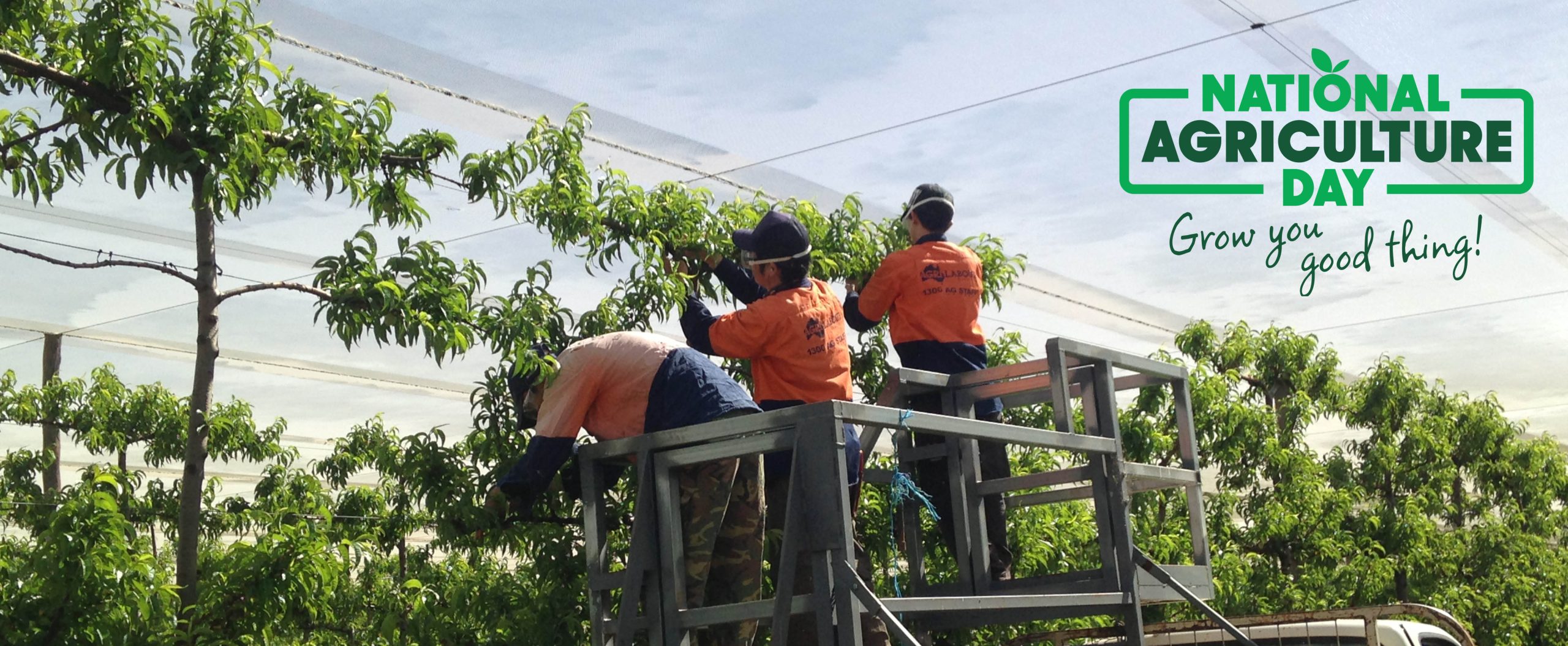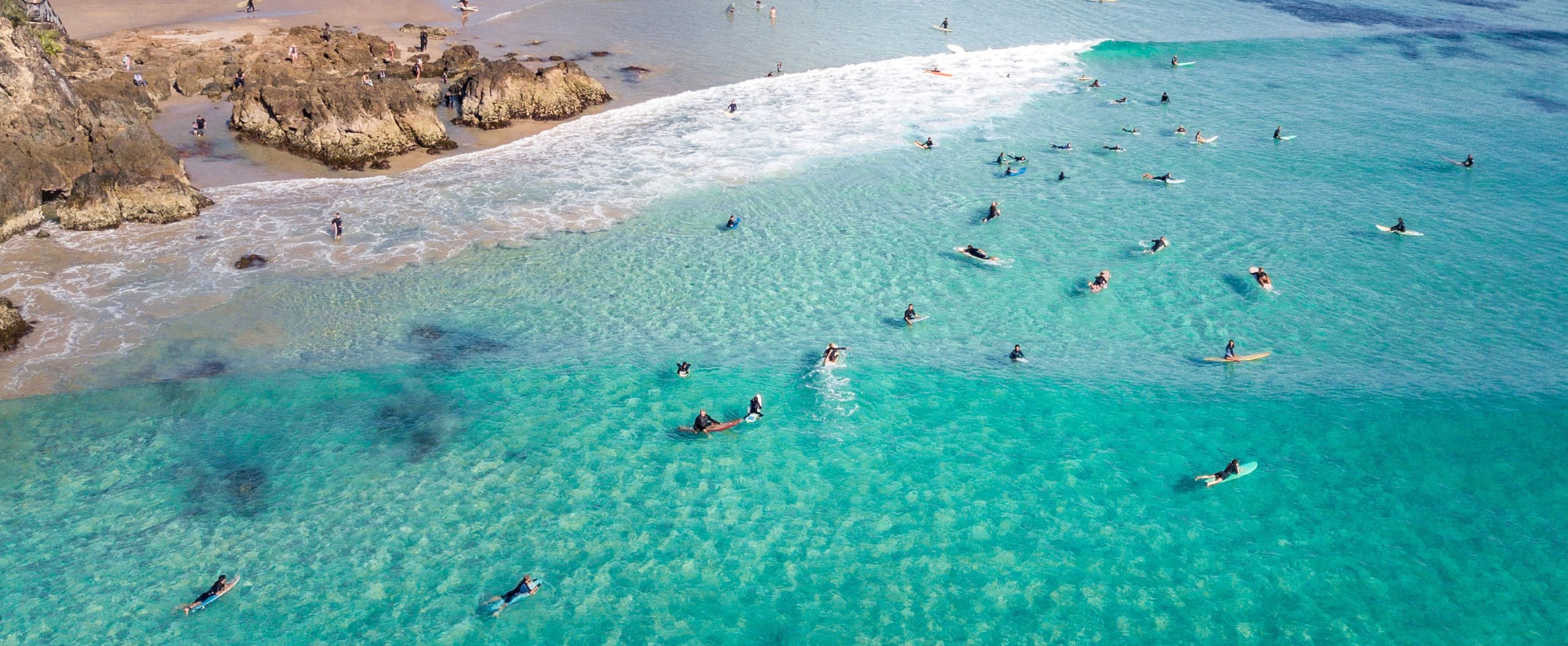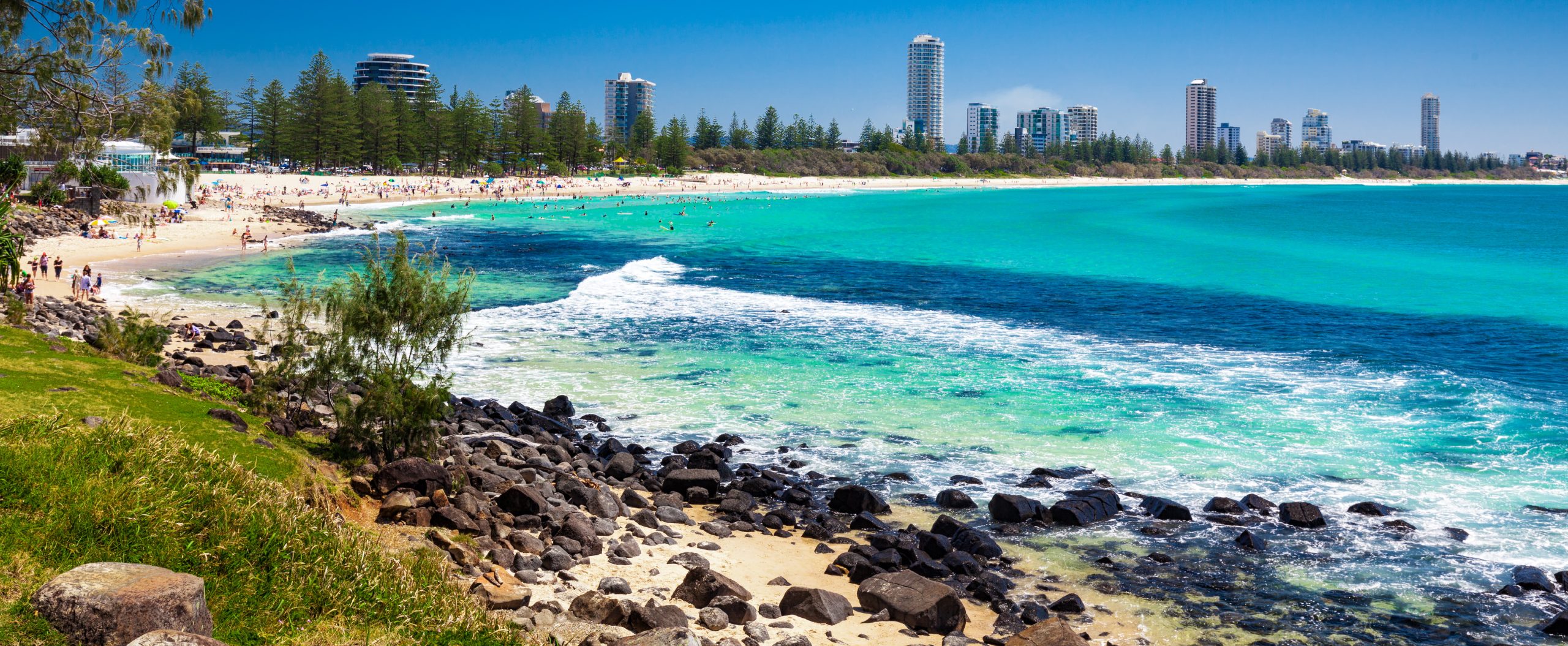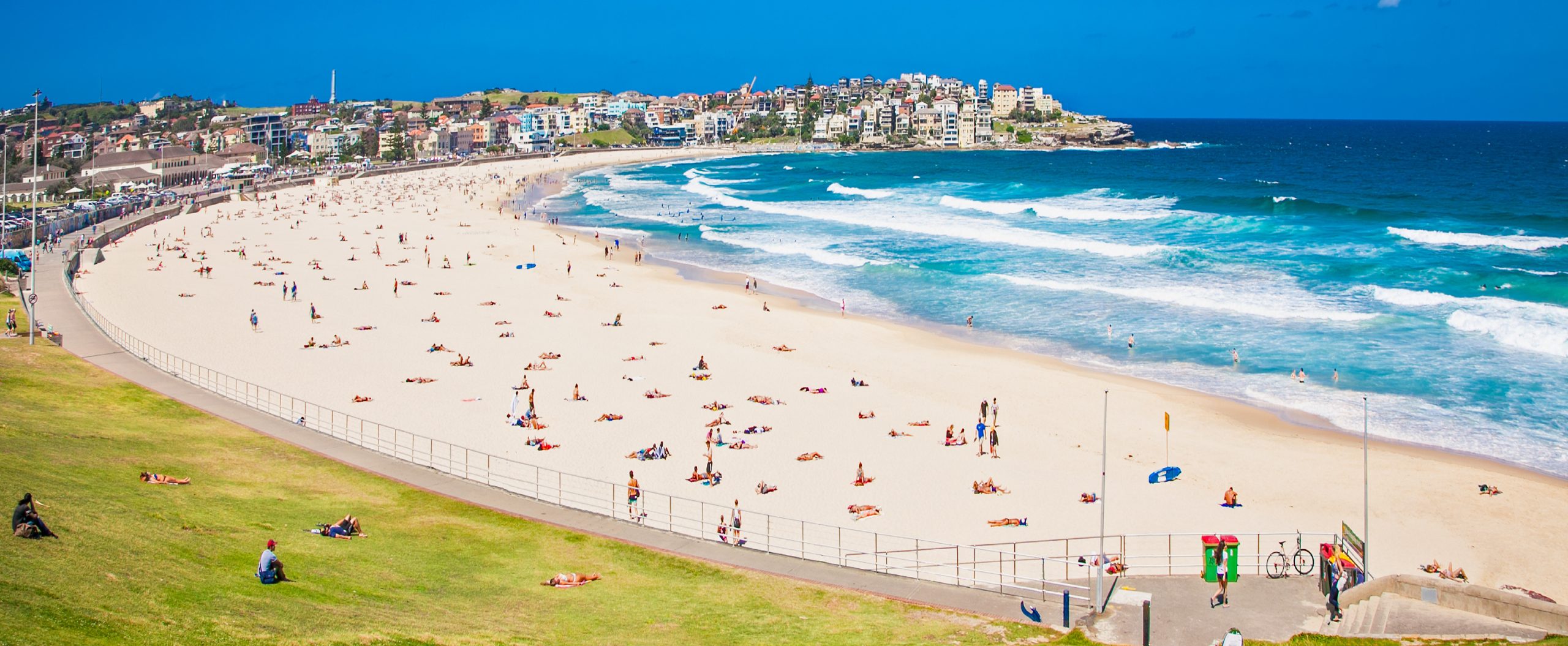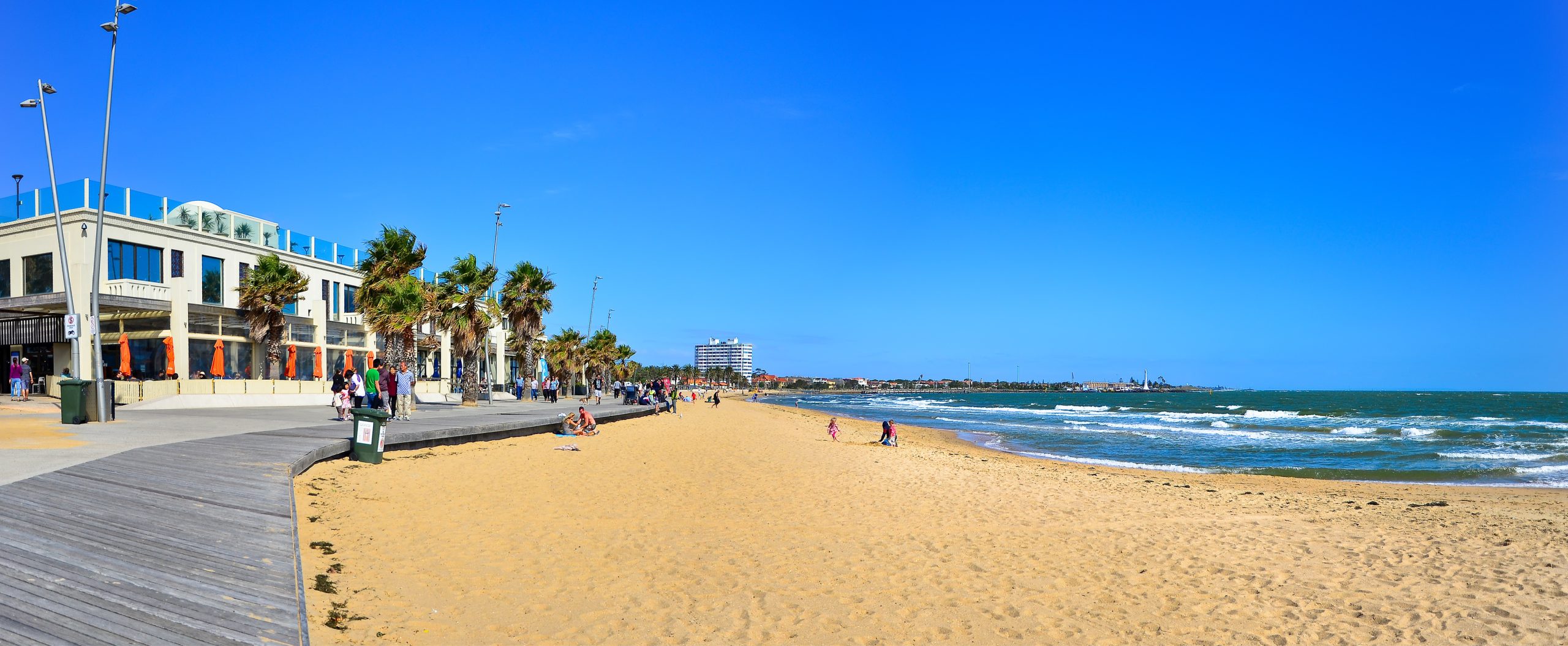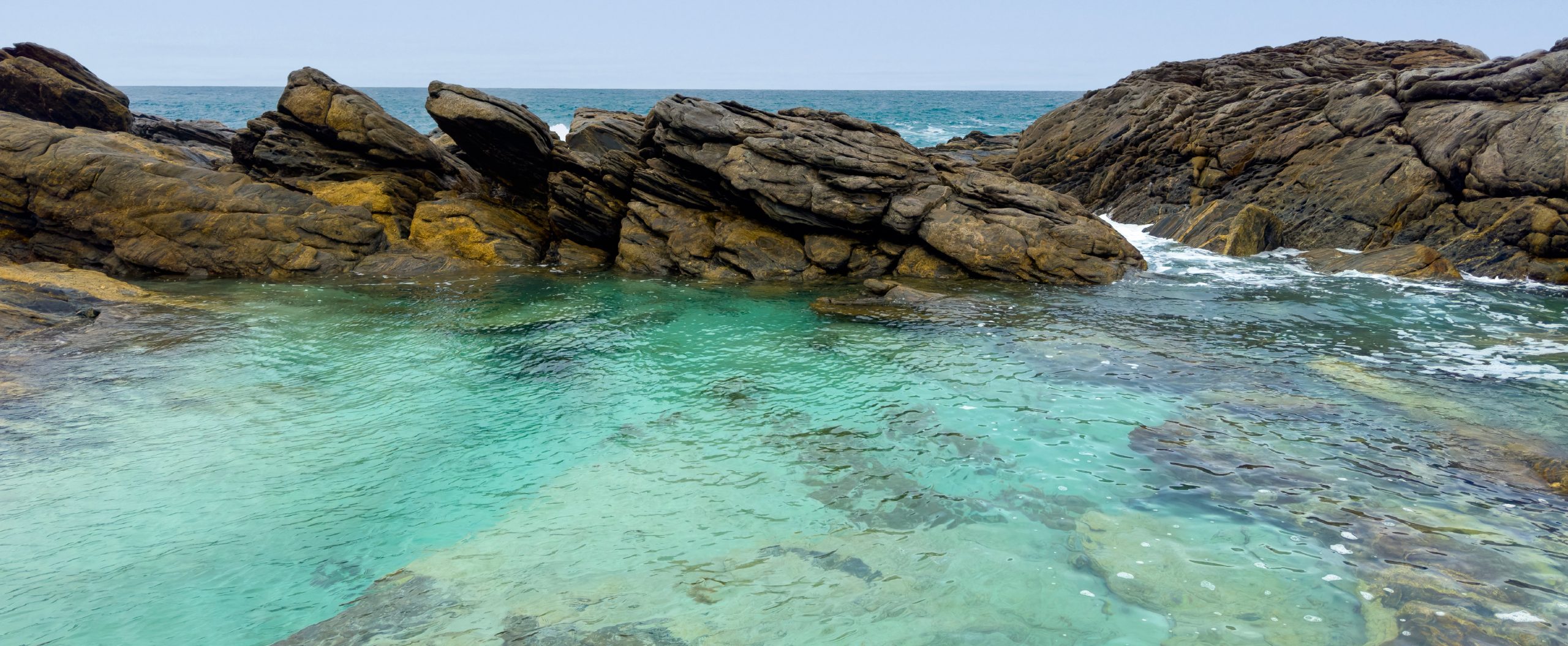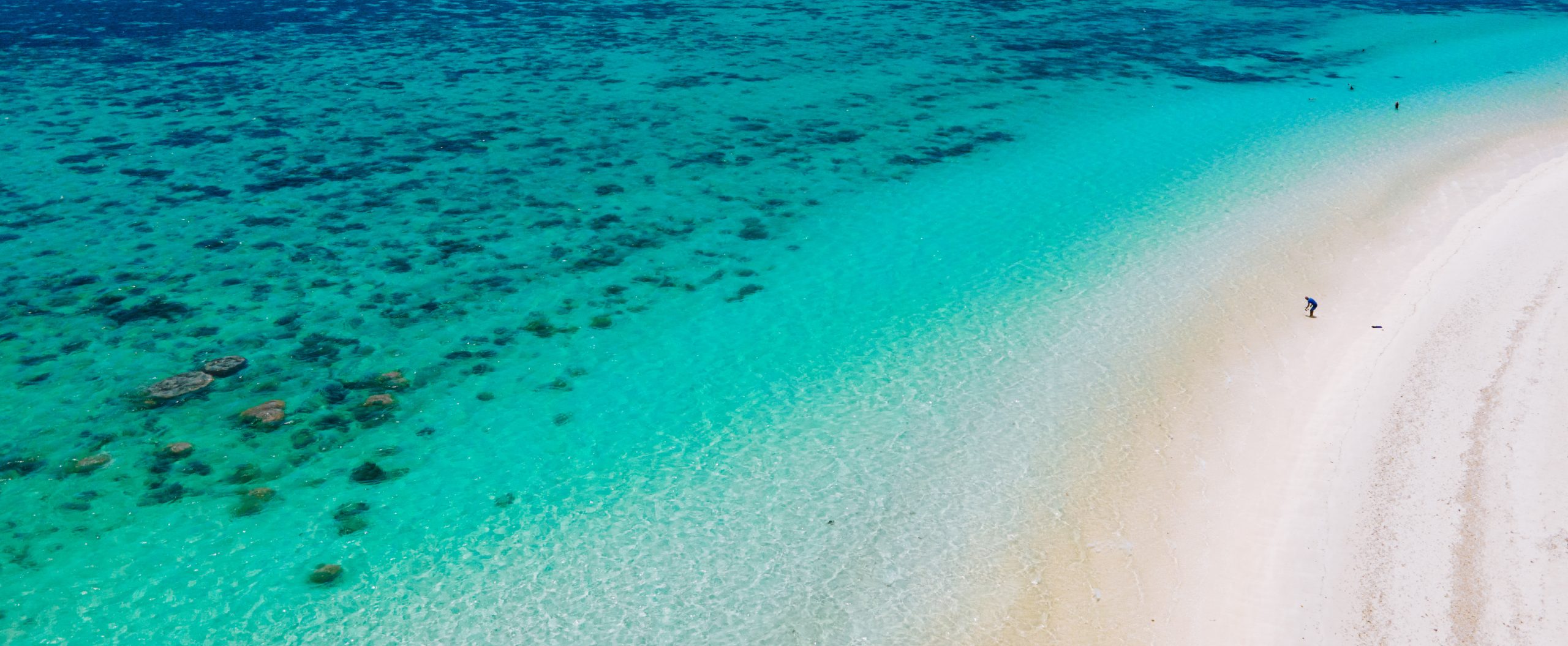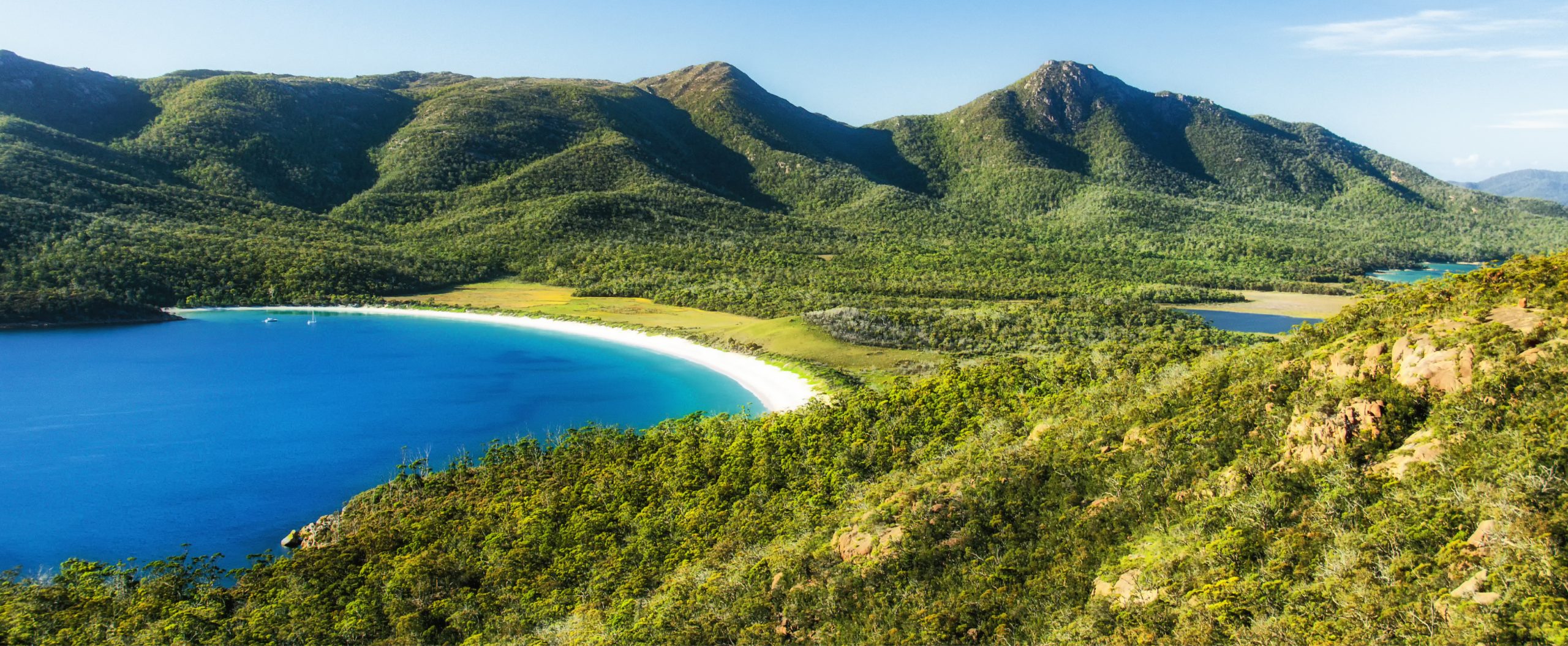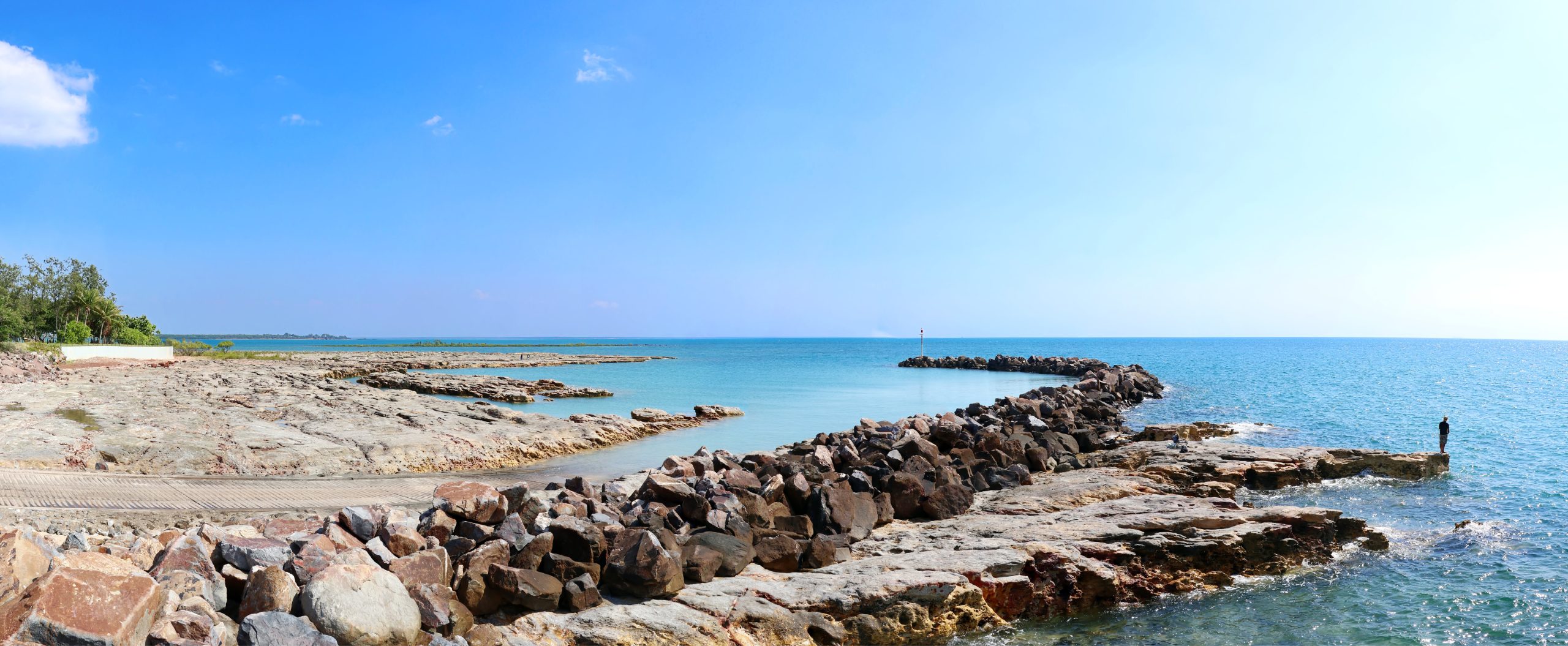Working in Australia can be an exciting and life-changing opportunity. For many workers from the Pacific Islands and Asia, it also means spending time away from family, community and familiar cultural traditions. While this can be challenging at times, staying connected to your culture and building strong community ties in Australia can make a huge difference to your wellbeing and overall experience on placement.
At Agri Labour Australia, we support many workers through the Pacific Australia Labour Mobility (PALM) scheme and we understand how important cultural connection, belonging and community support are when you’re living and working away from home.
Why cultural connection matters
Your culture is a big part of who you are. It shapes your values, language, traditions and the way you connect with others. When you’re far from home, staying connected to these parts of yourself can help reduce feelings of homesickness, strengthen your mental wellbeing and give you comfort during busy or demanding work periods. Feeling culturally supported also helps you stay motivated, confident and focused on your goals while working in Australia.
Building community with fellow workers
One of the best ways to stay connected is through the people around you. Many of the PALM workers that Agri Labour Australia has placed form strong friendships with others from similar backgrounds, as well as with candidates from different cultures. Sharing meals, talking in your native language, attending church together or celebrating important cultural days can help create a sense of home away from home.
Team activities, sports and music are all great ways to build bonds. Across Australia, Agri Labour Australia proudly supports community initiatives led by workers themselves, including cultural gatherings and sporting teams that bring people together and promote wellbeing.
Keeping in touch with family back home
Staying connected to loved ones is essential when you’re working overseas. Regular phone calls, video chats and messages help you stay involved in family life and share your experiences. Setting a routine time each week to talk with family can give you something to look forward to and help bridge the distance.
Some workers also like to send photos, videos or small gifts home, while others keep journals or record voice notes to share later. These small initiatives can help you feel closer to home even when you’re far away.
Looking after your wellbeing
Being away from home can bring ups and downs. It’s important to check in with yourself and speak up if you’re feeling overwhelmed, lonely or stressed. Talking to a trusted friend, team leader or Agri Labour Australia site supervisor can make a big difference.
Under the PALM scheme, worker wellbeing is a priority. Agri Labour Australia provides ongoing pastoral care and support to help you feel safe, supported and connected throughout your placement. We’re proud to support PALM workers from the Pacific Islands and Asia as they work, grow and build a better future for themselves and their families. If you ever need support, guidance or simply someone to talk to, our team is always here for you.
